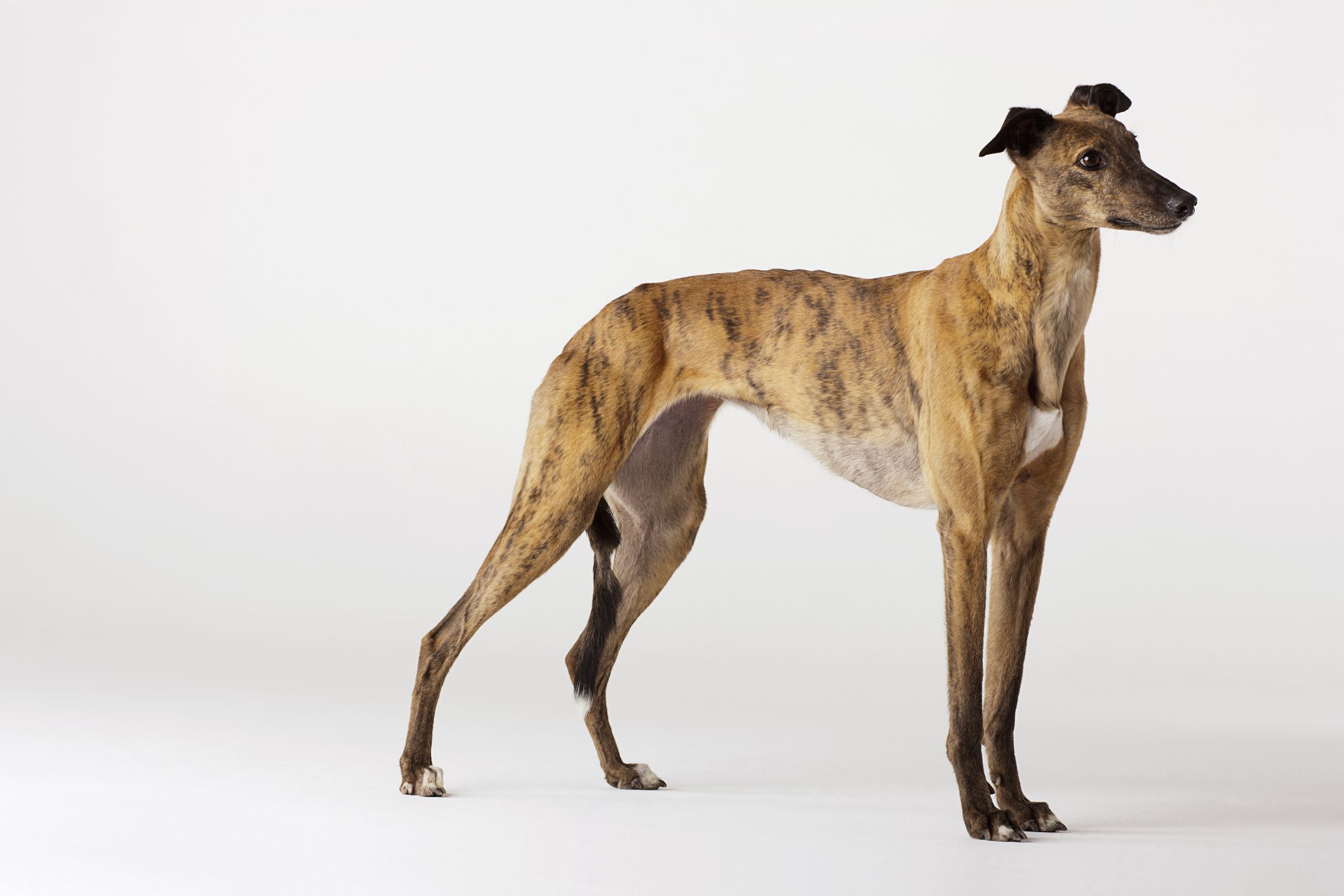- May 17, 2023
Top Dog Breeds Prone to Bloat – Dogster

Deep chested dogs who look narrow from above but have a lot of space between their backbone and sternum are more prone to bloat, says Dr. Kizzy English, medical director at VCA Urgent Care in Colorado.
Top dog breeds prone to bloat include:
What is dog bloat and why does it happen?
Bloat happens when a dog’s stomach fills with gas or food and stretches to the point of causing severe pain. When this happens, the stomach bloats but also twists, which can cut off blood supply and prevent any gas or food from exiting, Dr. English explains. A twisted stomach is an emergency situation requiring surgical intervention.
“We know some things increase the risk, but there’s no definite answer for why some dogs bloat, and others do not,” says Dr. English. “Some factors that may increase the chances of bloating are: getting older, eating too quickly, exercising immediately after eating or having a family history of bloat.”
Dogs prone to bloat: signs and symptoms
Know what warning signs to look for because bloat requires immediate medical care.
Signs of bloat in dogs include:
- your dog’s belly suddenly appears large or hard
- your dog is trying to vomit but nothing is coming out
- Your dog shows signs of pain, indicating that it’s important to seek medical care as soon as possible.
A veterinarian will order an X-ray or ultrasound to figure out how severe the condition is and the next steps. Treatment typically includes medications or fluids to reduce the pressure. For a twisted stomach, surgery is necessary.
Top dog breeds prone to bloat: prevention
If you have a large or deep-chested breed prone to bloat, a surgical procedure called a gastropexy, which tacks the stomach to the body wall to prevent twisting, is often recommended at the same time as a spay, neuter or other surgical procedure.
To learn more about bloat in dogs, read our article What is Bloat and is it a True Emergency?
Tags
What do you think?
Related Articles

New Puppy Checklist: Gear You’ll Need for Your New Dog
Getting a new puppy is really exciting, but before you welcome them home, it’s important to prepare your space for them. Since puppies need a

How Big Do Mini Poodles Get? Vet Reviewed Average Weight & Growth Chart – Dogster
The information is current and up-to-date in accordance with the latest veterinarian research. Learn more » When you buy a Miniature Poodle, you might not

Can Police Dogs Smell Nicotine? Vet Verified Facts & Info – Dogster
The information is current and up-to-date in accordance with the latest veterinarian research. Learn more » While cigarette sales have been declining steadily for decades,

How Old Is 5 in Dog Years? Vet-Approved Guide to Each Size of Dog – Dogster
The information is current and up-to-date in accordance with the latest veterinarian research. Learn more » A common method for calculating a dog’s age is

